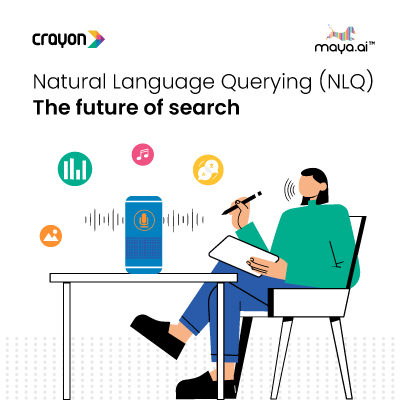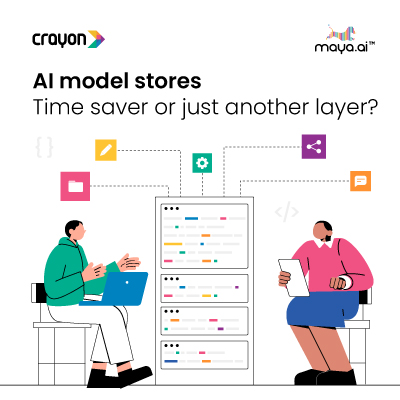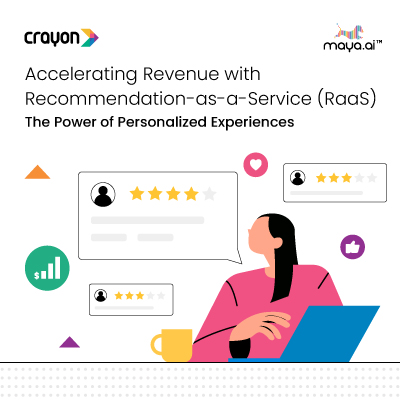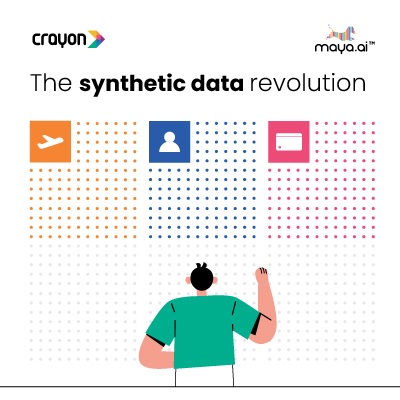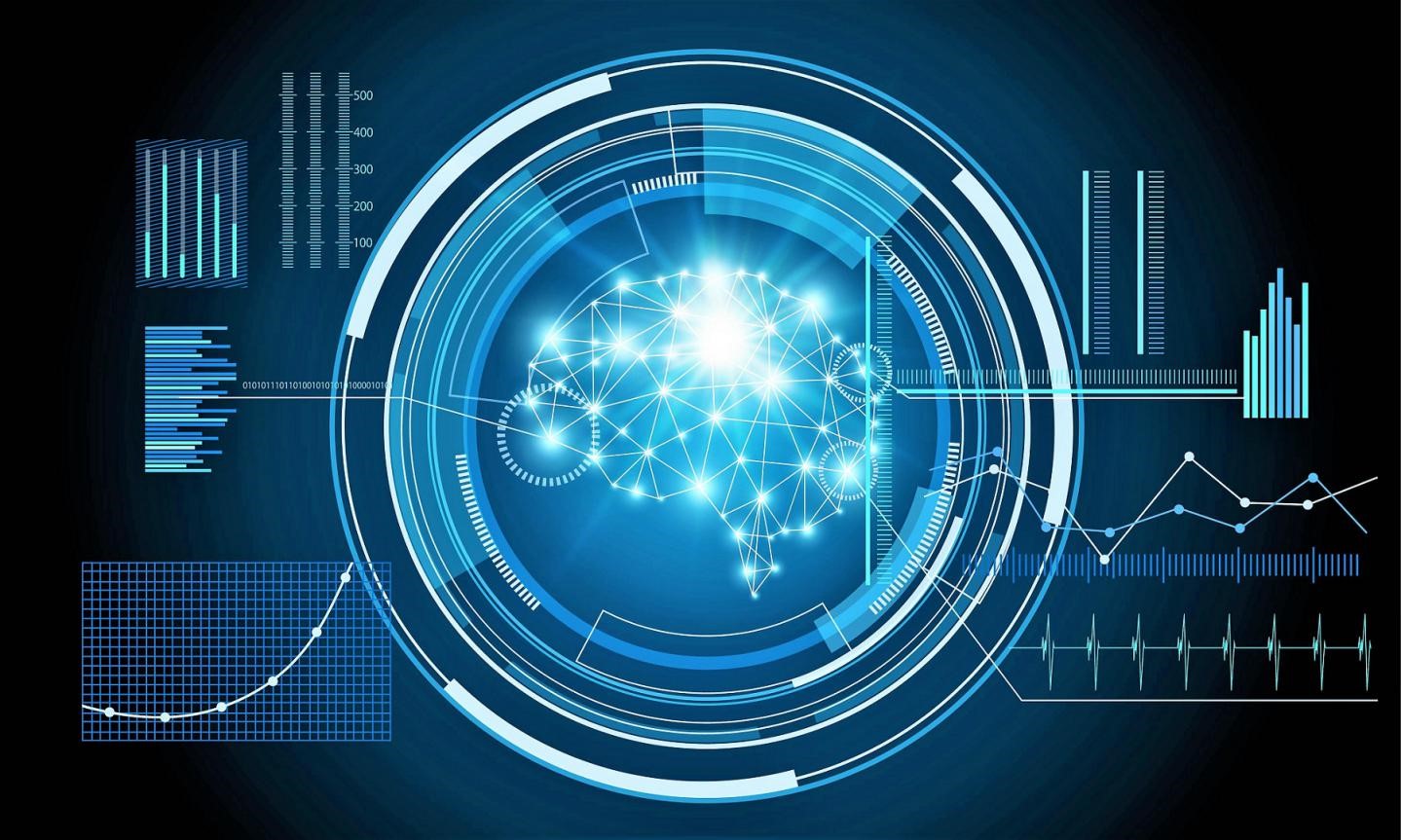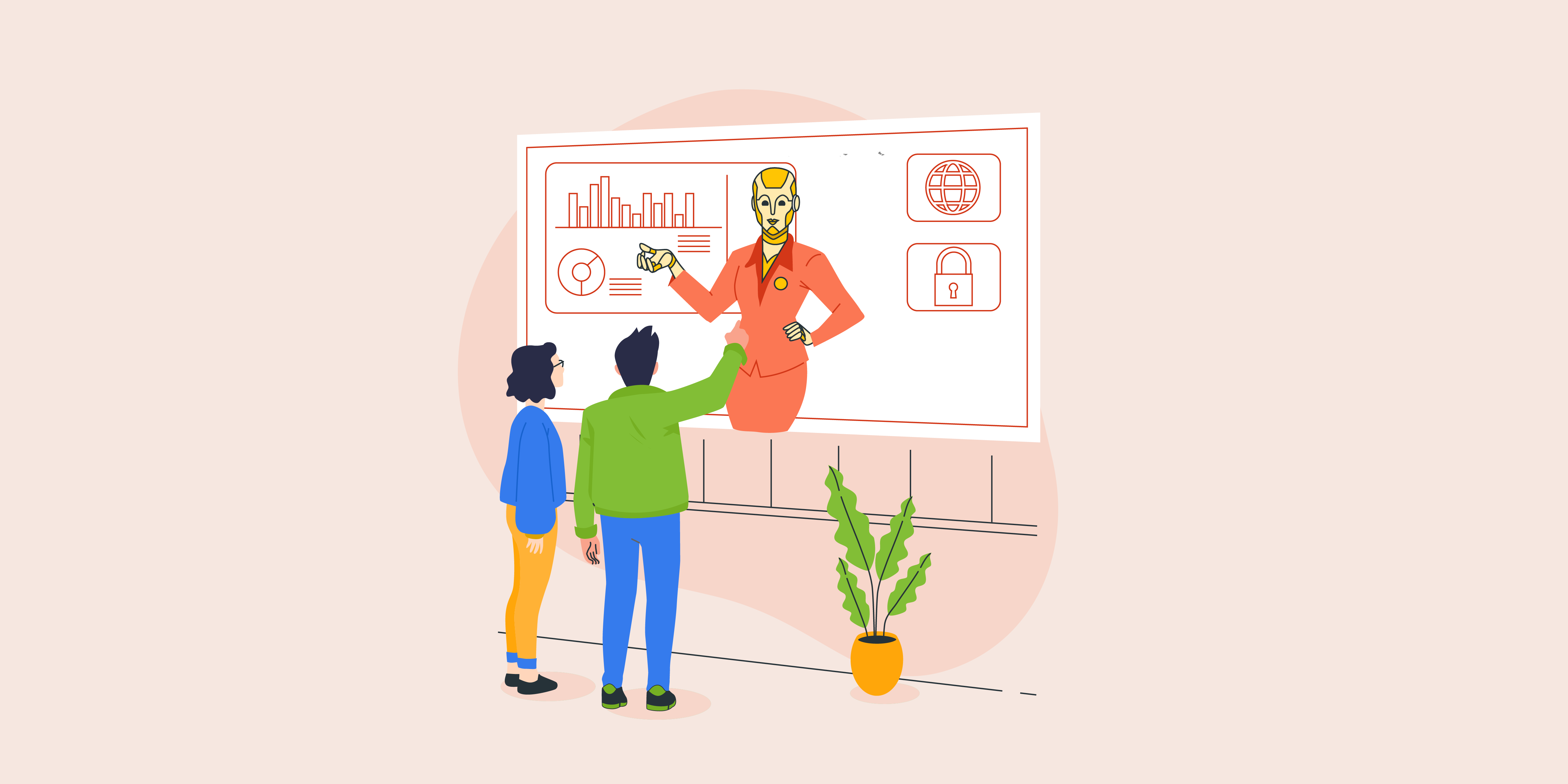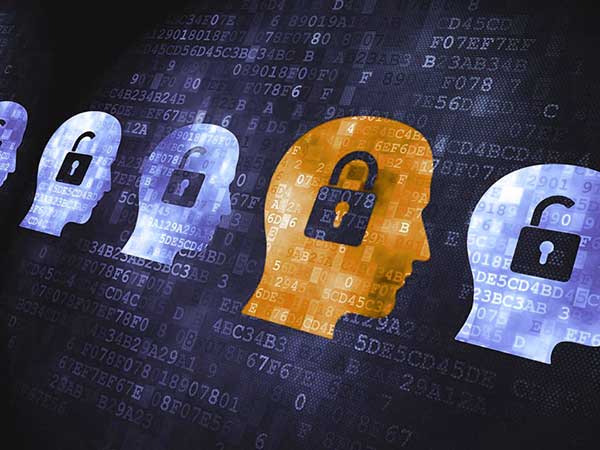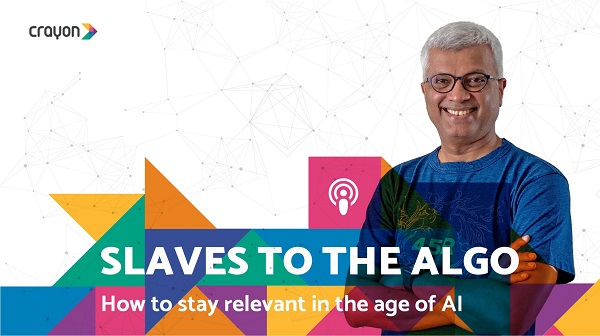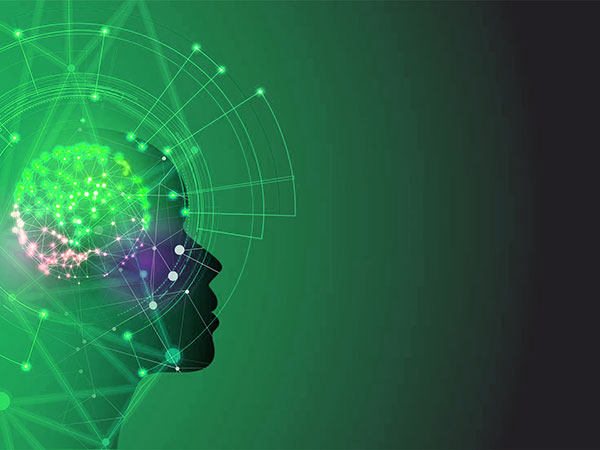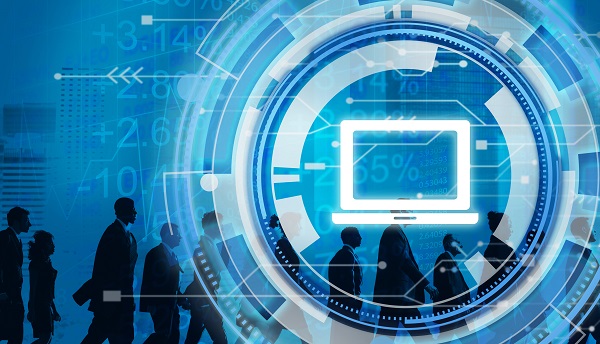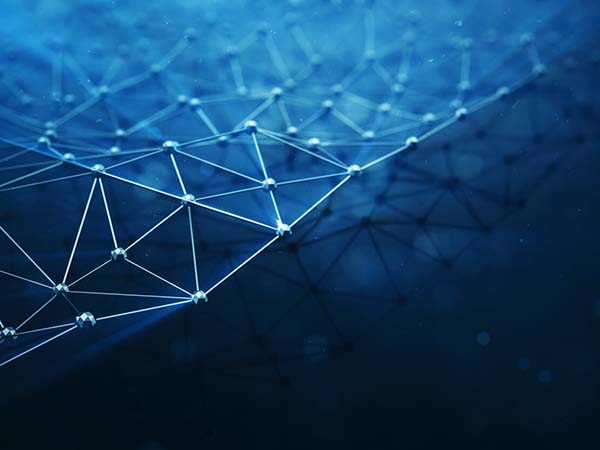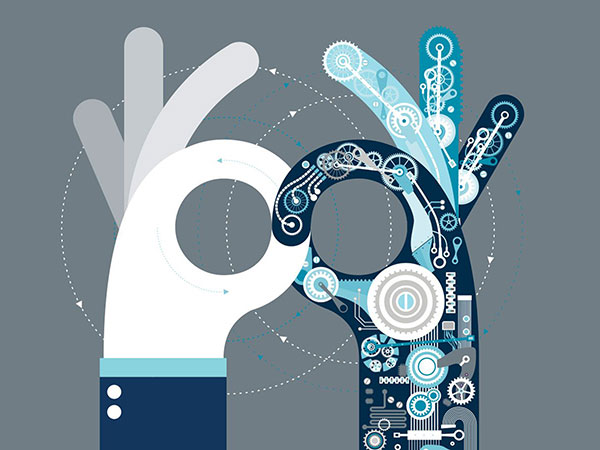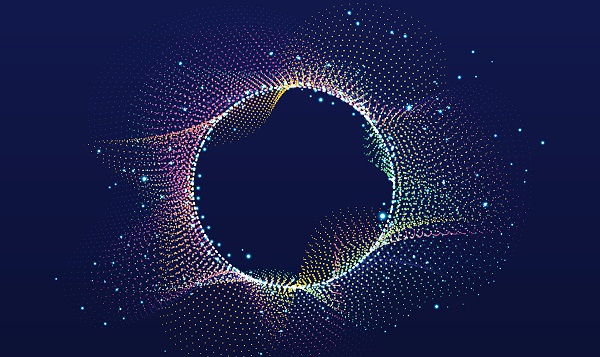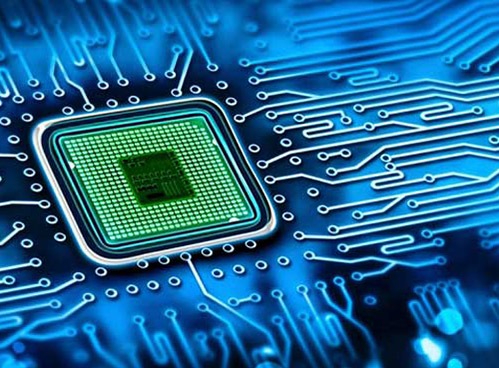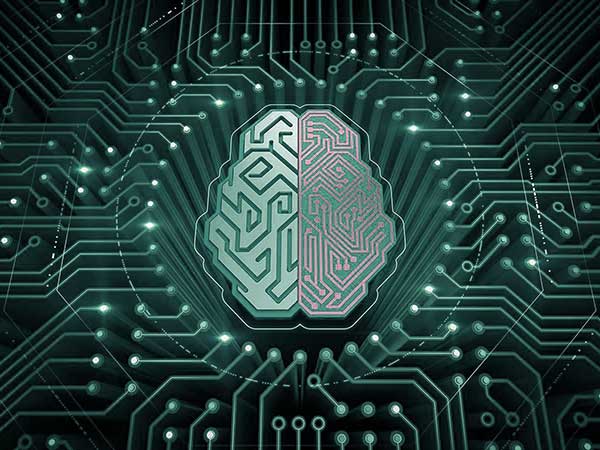The world and everything in it are in a constant evolution. Starting with things that were merely Sci-Fi concepts just ten years ago such as holograms or smartphones that can be used to scan your body and check your health, everything is evolving. But the most progress was registered in the augmented reality, VR, and artificial intelligence. The amazing speed at which these technologies are developed has made everyone wonder what could be the future use of all these technologies and how they will shape our day-to-day life.
Pros and cons of AI
The changes that technology brought to our lives are already visible and a good example in that direction is the smart objects people already use. From smartphones all the way to smart houses that prepare the ambient temperature before you get home, dim the lights while you’re watching a movie or set up the alarm when you go to bed. The big tech companies are getting closer to developing self-driven cars and a lot of other projects that are based on AI. The domains where artificial intelligence could bring significant improvements are diverse, for example, security, health, education, time-management and, of course, entertainment.
Of course, there aren’t only positive aspects surrounding all the technological advances in Artificial Intelligence. The ones that point towards the ethical considerations that are still left unanswered are not few and, no matter how big the benefits from including AI in our lives are, these answers have to be found in order to prevent further complications in the future. The common conception is that, as long as the ethical concerns are resolved and there’s a clear plan for the development of AI, everyone can enjoy the beneficial aspects it brings.
The future of AI
Realistic predictions show that by 2030, we will be surrounded by many different technologies based on Artificial Intelligence. The same predictions show that the improvements brought to the quality of life will be considerable through better health care systems, economic management, and other aspects. But with all the improvements, there’s a downside as well that needs to be taken into consideration. The most affected domain will be the employment system as we know it right now. Since robots and AI will take care of more and more tasks that are being done by human beings right now, what will happen to those humans then? Also, another point that requires a lot of attention and analysis is how the resources will be gained and distributed. It’s clear that the need for regulations that back up equal sharing of resources between individuals is very real. If, for example, someone with a manufacturing company will use AI technology to maximize the efficiency and will put a monopoly on the respective domain, then they will get the most of the revenue in that industry and there will be a clear problem with the distribution of resources and wealth.
Another important aspect regarding how Artificial Intelligence will be present in day-to-day life is related to the Internet of Things. The ability to connect common objects to the internet is excellent. Some experts think that the IoT will help a lot in avoiding accidents such as traffic collisions and in the event of something like that happening, the response time of the authorities will be much shorter. The theory is that, by removing the human factor, errors will also be removed and everything will function smoothly.
There are a lot of applications for AI and Internet of Things and, probably, the most important one could be saving our planet. Through AI-powered technology we can register a series of breakthroughs that can help deal with global warming, cure diseases, travel in time and space, etc. When thinking about medical applications for AI, perhaps the most appealing one is that of a personal medical record and body scanning to detect and prevent illnesses.
In terms of free time, AI can bring a lot of changes by taking over the simple, time-consuming tasks that will allow human beings to have more time for hobbies, art, and a wide range of activities that can lead to a better community.
The bottom line is that AI is definitely finding its way into our lives and the way things will evolve from this point further is only up to how prepared people are to embrace technology and understand the positive outcomes of it. Nobody can predict with accuracy what exactly life will be like 30 years from now, and only time will tell.


